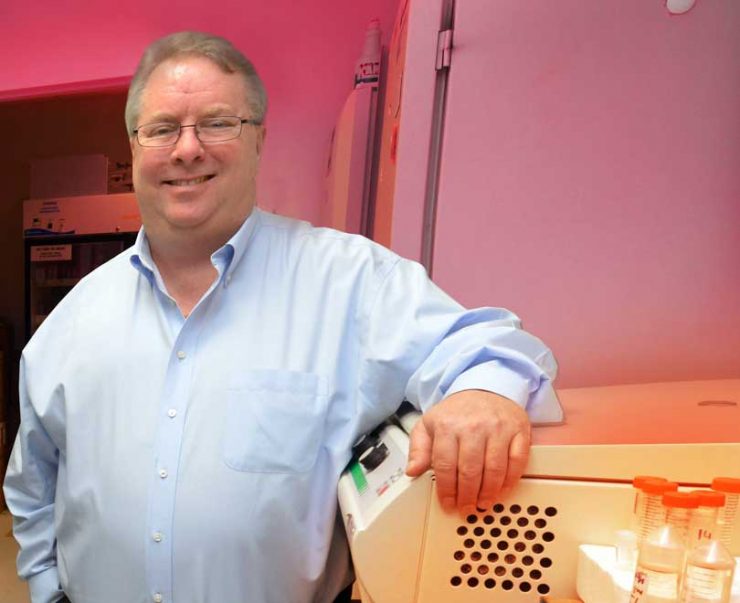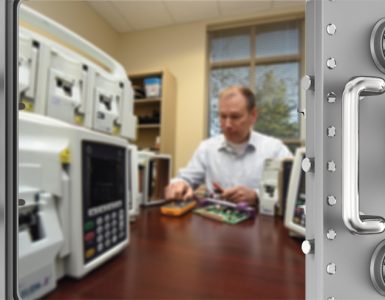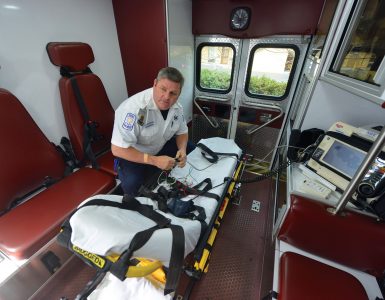According to the Centers for Disease Control and Prevention, diabetes affects nearly 10 percent of the U.S. population, and the number of those affected continues to increase, particularly in the Southeast. But thanks to a $12.8 million grant received by Dr. Richard McIndoe, associate director of the Center for Biotechnology and Genomic Medicine at the Medical College of Georgia at Augusta University, research into diabetic complications continues to move forward.
The grant allows McIndoe to continue to oversee coordination and administrative research activities for the Diabetic Complications Consortium of the National Institute of Diabetes and Digestive and Kidney Diseases.
Currently, the consortium supports four funding programs: a pilot and feasibility program, a conference support program, a summer student program and a collaborative funding program, all of which are geared toward improving the understanding and treatment of diabetic complications.
By providing travel funding for students and postdoctoral students attending diabetic complications meetings — and by funding investigators to give talks at such meetings — the consortium furthers the dialogue and understanding of diabetic complications. Matching first- and second-year medical students with diabetes centers around the nation for summer research projects, the program hopes to expand the knowledge base and increase the number of researchers focusing on diabetic complications.
“Basically, the idea is to encourage these students to take the physician scientist path,” McIndoe says. “We want to create more scientists in general, but of course we’re interested in getting more diabetic complications physician scientists, and considering how enthusiastic these students are about their research, my intuition tells me there’s probably going to be a fairly good fraction that will probably make the decision to go into research.”
As for the pilot and feasibility studies, the relatively small one-year grants have the opportunity to dramatically turn the tide.
“These are usually high-risk, high-reward situations that you’d never get through the normal National Institutes of Health (NIH) mechanism,” he says. “That’s why these are very short, one-year projects that prove a principle. They make sure that what you think is supposed to be happening is happening and that you get enough data to try for the larger research project grant.”
And according to McIndoe, the projects have been effective in doing just that. Metrics looking out five years from the initial pilot and feasibility grants show that 60 percent of awardees do submit to the NIH and of those, 37 percent are actually successful.
“That’s pretty amazing to me and actually much better than the normal research project grant route,” McIndoe says. “The return on investment is really quite good.”
The ultimate return on investment, of course, comes with better understanding and ultimately better treatments for diabetic complications.





